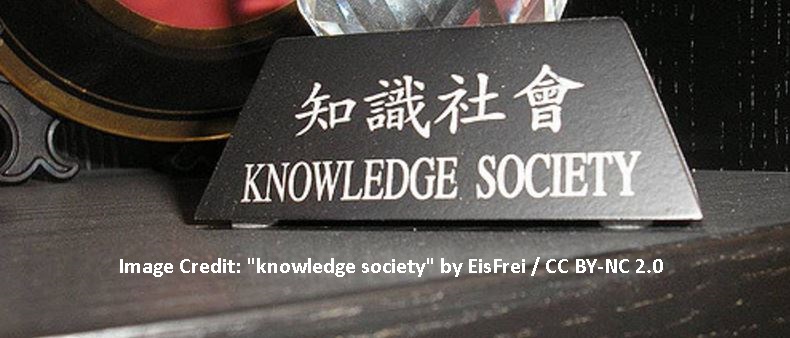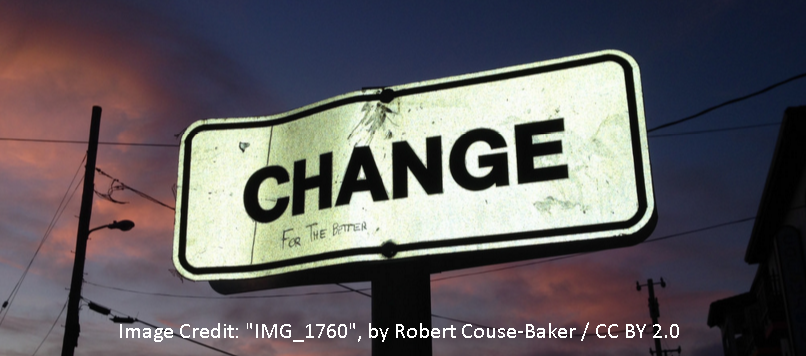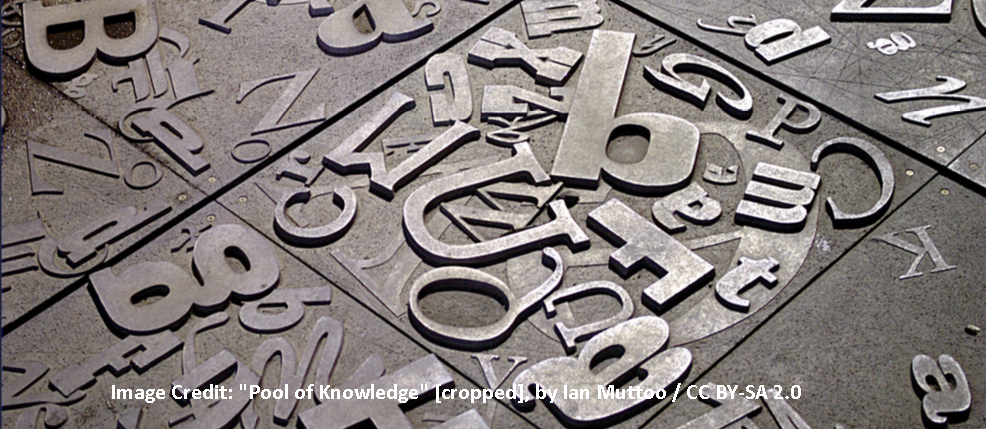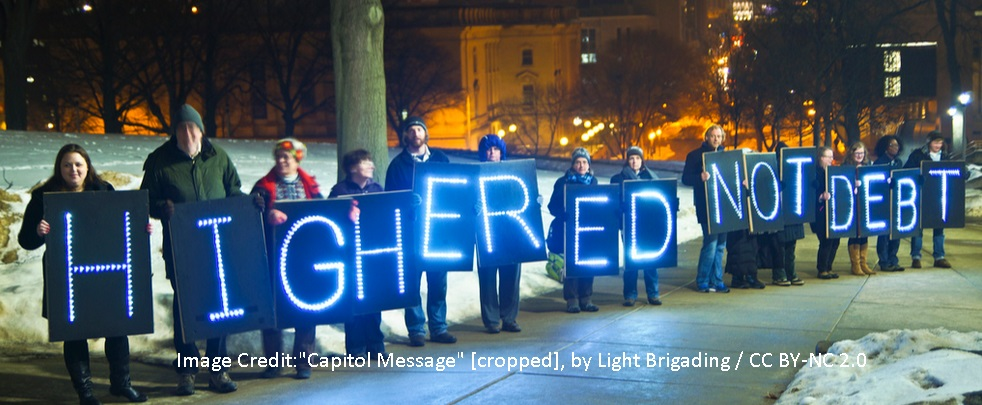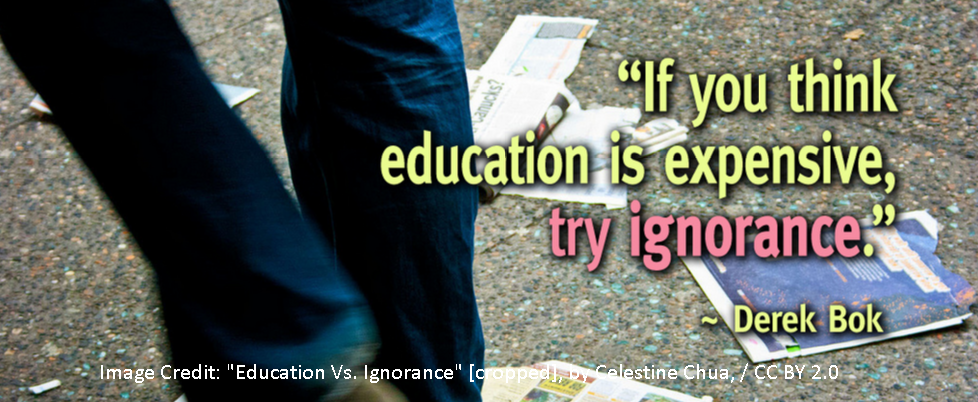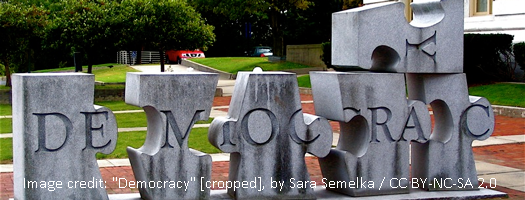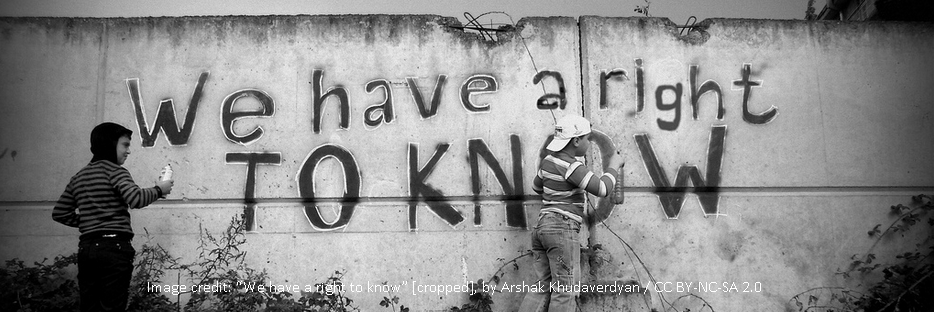Revolutionising the global knowledge society
Revolutionising the global knowledge society Patrick Blessinger St. John's University (NYC) and International HETL Association A revolution can be defined as a fundamental change to the status quo that occurs in a relatively short timeframe. Revolutions of all types (political, economic, social, technological) have occurred numerous times throughout human history. Although the seeds of revolutions are usually planted over many years, they typically do not reach full fruition until triggered by a momentous innovation, event or other actions. Historical analysis shows that revolutions serve as major catalysts for change. In other words, revolutions upset the established order. Some revolutions were particularly important (and necessary) for the continued development of mass learning and universal education. This phenomenon is analysed and explained in more depth in the book, Democratizing Higher Education. Emergence of mass learning In the modern era (1450 CE to the present day) the Printing Revolution – triggered by the [...]

